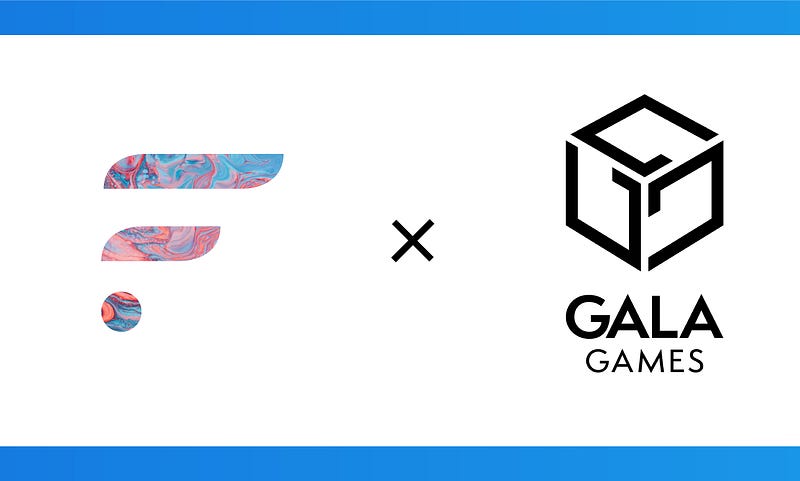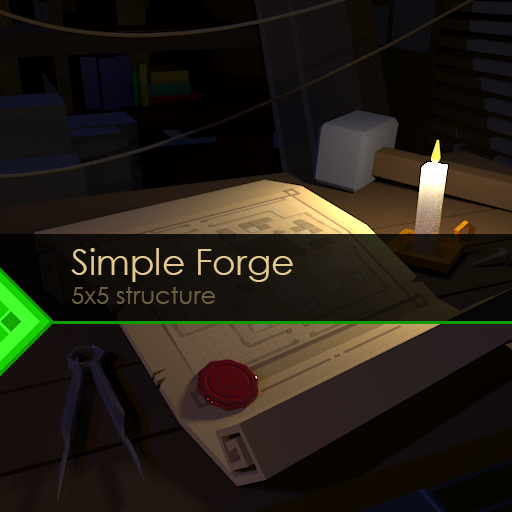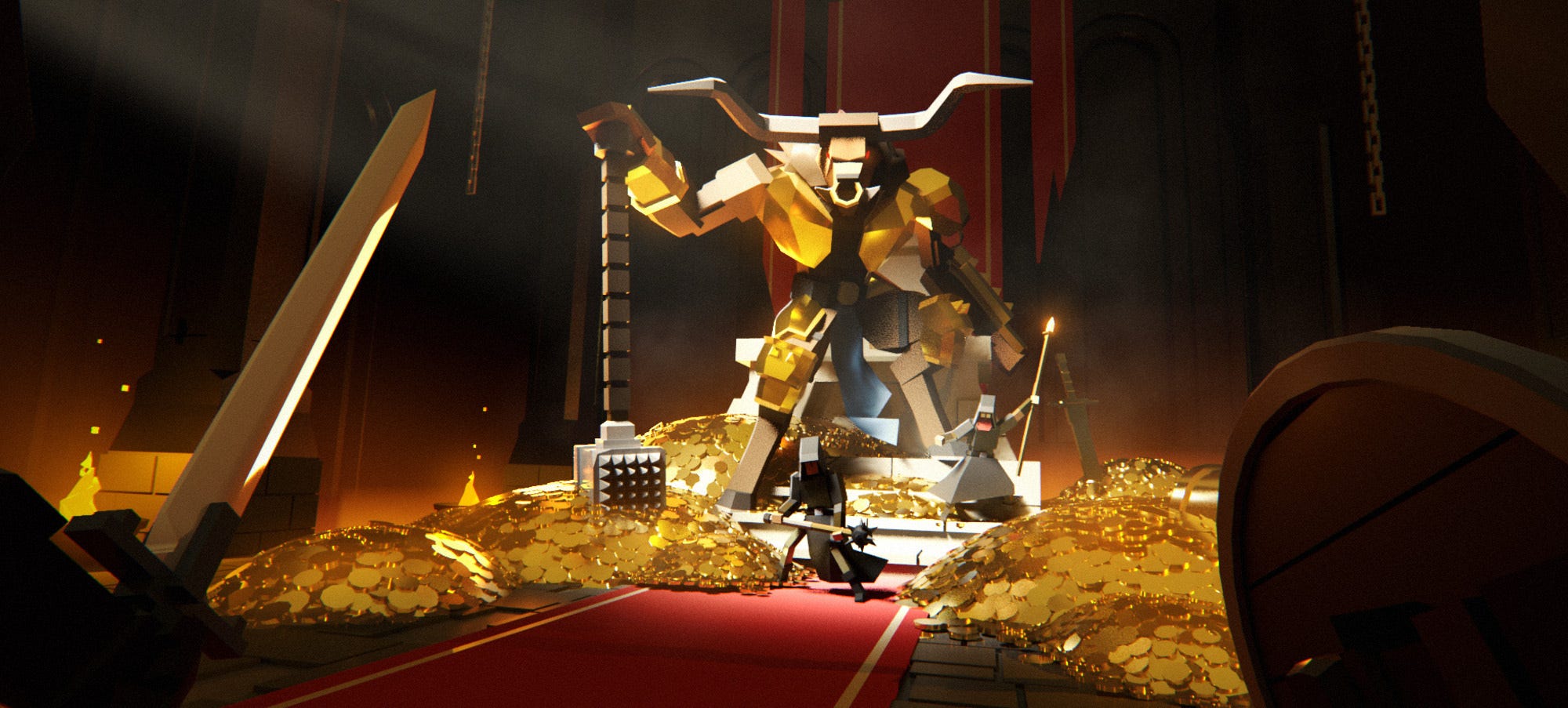
Flare: Launching a Signal for Second-Layer Scaling for the Gala Games Ecosystem

Gala Games, Flare, and Bitrue are happy to announce a three-way partnership to advance the interests of gamers globally through announcing that Gala will be integrating with the Flare Network. This will make Gala’s in-game assets represented as Non Fungible Tokens (NFT’S) mintable and tradable on Flare. Gala Games has been making waves in the blockchain gaming space, with two world-record setting sales of NFT items for their upcoming MMORPG Mirandus, and is building a reputation for moving quickly, delivering on promises, and working to support the gamers.
“In the traditional gaming world, the secondary market for in-game items is a $50 billion market, and that is with the downward forces of Terms-of-Service violations and massive counterparty risk. We want to change gaming forever by giving players ownership of their in-game assets, allowing them to freely trade them as they see fit.” says Gala Games CEO Eric Schiermeyer.
Currently, Gala Games is working primarily with assets on the Ethereum blockchain, but this presents various inefficiencies due to the costs associated with interacting with the Ethereum network. “We have been talking to a broad number of second-layer solutions which will enhance our user experience because we believe that the best blockchain is one which is invisible to the end user,” says Gala Games CMO Jason Brink. “We want to allow users to choose between a variety of second-layer scaling solutions in a way that makes Gala Games platform-agnostic. For us, it is about the players and we believe the future is multi-chain.”
“In-game assets (the NFT’s) should belong to the owner and only to the owner. This would allow them to be bought and sold, used as collateral for loans or wrapped into any product that can be conceived. We believe that gaming assets are becoming as tangible as any other and can be a new and important way to earn money from enjoying gaming and could form a major new use case for DeFi.” says Hugo Philion, CEO of Flare
“Both Gala and the FLR-IOU underwent initial listings on the Bitrue cryptocurrency exchange, where they were strongly welcomed by the platform’s enthusiast community. Bitrue have expressed delight at seeing the cooperation of these two projects, and eagerly anticipate the future results that their highly sophisticated teams can deliver. They have pledged to continue supporting both of these projects for the future, and will soon create a GALA / XRP trading pair to allow their users to more easily access the Gala ecosystem.” says Curis Wang, CEO of Bitrue.
While both the Gala Games and Flare teams are working on integration, it will likely be some time before minting to the Flare Network is available for Gala Games users.
About Gala Games:
Gala Games was founded by gaming industry legends who demanded ownership, rewards and empowerment for their players. With Web3 tech, a millennium of AAA experience, and a growing platform of games whose quality matches or surpasses the most popular titles in the world, Gala is ushering in a new world of gaming. Gala.Games
About Flare
The Flare network is the first Turing complete smart contract network to use Federated Byzantine Agreement (FBA) consensus. This allows Flare to have fast inexpensive transactions and unlike other scaling methods does not need to base network safety on value. This allows Flare to scale for arbitrary value without facing capital constraints and importantly allows Flare’s native token, Spark (FLR), to be used for other productive purposes. Flare brings utility to other networks by enabling their tokens to be used on Flare with Ethereum Virtual Machine (EVM) based smart contracts.. XRP, LTC and Dogecoin are currently slated for integration with Flare. Many more tokens can potentially be added. As a Ethereum Virtual Machine (EVM)-compatible blockchain solution, Flare can dramatically lower the costs associated with NFT minting and transactions whilst opening up previously unavailable communities.
Find out more about Flare at www.flare.xyz
About Bitrue
Launched in July 2018, Bitrue is a diversified financial services platform with support for trading, loans, and investments. Bitrue aims to utilize blockchain technology to bring financial opportunities to everybody regardless of their location or financial position. They have offices worldwide and continue to develop new features at a rapid speed to fully service the new wave of the digital economy.
Find more information at www.bitrue.com







